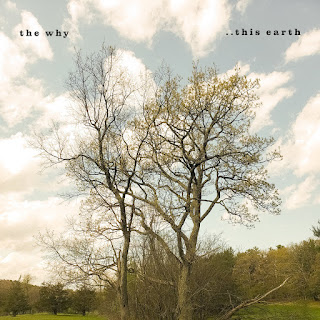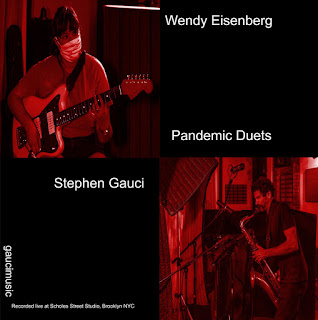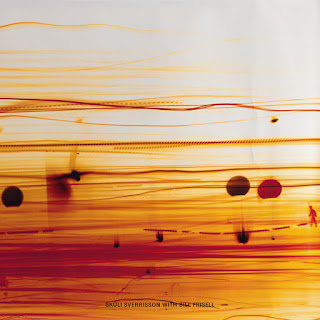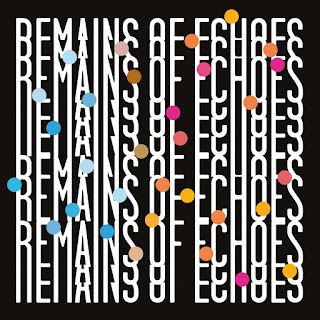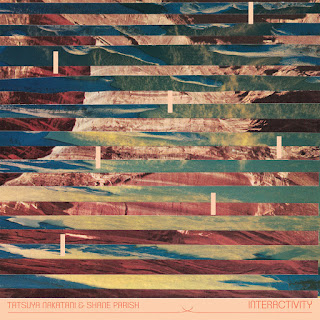the why – …this earth (s/r, 2020) ****
Samuel Blaser and Marc Ducret – Audio Rebel (Blaser Music, 2020) ****
Wendy Eisenberg-Stephen Gauci – Pandemic Duets (gaucimusic, 2021) ****
Jonathan Goldberger-Stephen Gauci – Pandemic Duets (gaucimusic, 2021) ***½
Francois Houle & Samo Salamon – Unobservable Mysteries (s/r, 2021) ****
Guitar and Clarinet. Another true pandemic collaboration, Slovenian guitarist Samo Salamon and Canadian clarinetist Francois Houle hooked up over the internet at the guitarists initiation. In the liner notes Salamon explains “We have never played together, although we played with many musicians in common … I contacted Francois if he wanted to do it and he was really enthusiastic about it… the process was so smooth and seemed like we were actually playing live and with each other since there was such a connection immediately.” Exchanging 6 recordings each, they improvised over each others half creations with the end result of this excellent album full of interesting and engaging song co-creations. The opening ‘Secret Pools’ begins with a gentle melody from Houle, then as the tempo picks up through his wonderfully elliptical statements, Salamon joins with clean – I believe electric but played acoustically – six string guitar. I mention the six strings because there is also 12-string employed elsewhere, like on ‘The Wandering of Waters,’ which is built upon open ended, repetitive figures from the guitarist. There is a great deal of variety over the run of the album, for example ‘Longing, Leaving, Staying’ does all three, while ‘Jug of Breath’ is a more frenetic and seemingly free interaction, making it all the more impressive.
Skúli Sverrisson & Bill Frisell – Strata (Newvelle, 2021) ****½
Joel Harrison – Guitar Talk (AGS Recordings, 2021) ****
Guitar and Guitar / Bass Guitar. Joel Harrison has been a vital force in the New York contemporary jazz scene for a number of years. I recall several different events that involved a who is who of musical heroes – like tributes to Carla Bley and Pat Metheny as well as festivals featuring unique combinations of musicians (writing from my flawed memory is absolutely dangerous and unreliable, but I think I have the spirit of it, at least, right). So, an album of duos that places Harrison in combination with a who-is-who of top rate modern/contemporary jazz guitar players is in perfect fuzzy alignment.
Eric Hofbauer & Dylan Jack – Remains of Echoes (Creative Nations Music, 2019) ****
Tatsuya Nakatani & Shane Parish – Interactivity (Cuneiform, 2021) ****
E. Jason Gibbs & Nat Baldwin – Microstates (577Orbit, 2021) ****
Guitar and Bass. Here is an excerpt from 577 Orbit’s website about Microstates: “the album is full of fragmented and immersive musical interludes, testing the boundaries of their instrument’s intended usages and the structure of composition.” This is as good as any description that I may come up with.
Jack Cooper & Jeff Tobias – Tributaries (Astral Spirits, 2021) ***½
Guitar and Saxophone. So this is one that I had a bit of a heads up on as it does not release until next month. Tributaries from guitarist Jack Cooper and saxophonist Jeff Tobias are two ‘side long’ compositions based on the tone row compositional method that were then used to improvise over. The result is a meandering rivulets of music that come together in accessible melodies featuring wide intervals. The combination of instruments and note choices sometimes even end up sounding like an accordion at times. A meditative experience.

